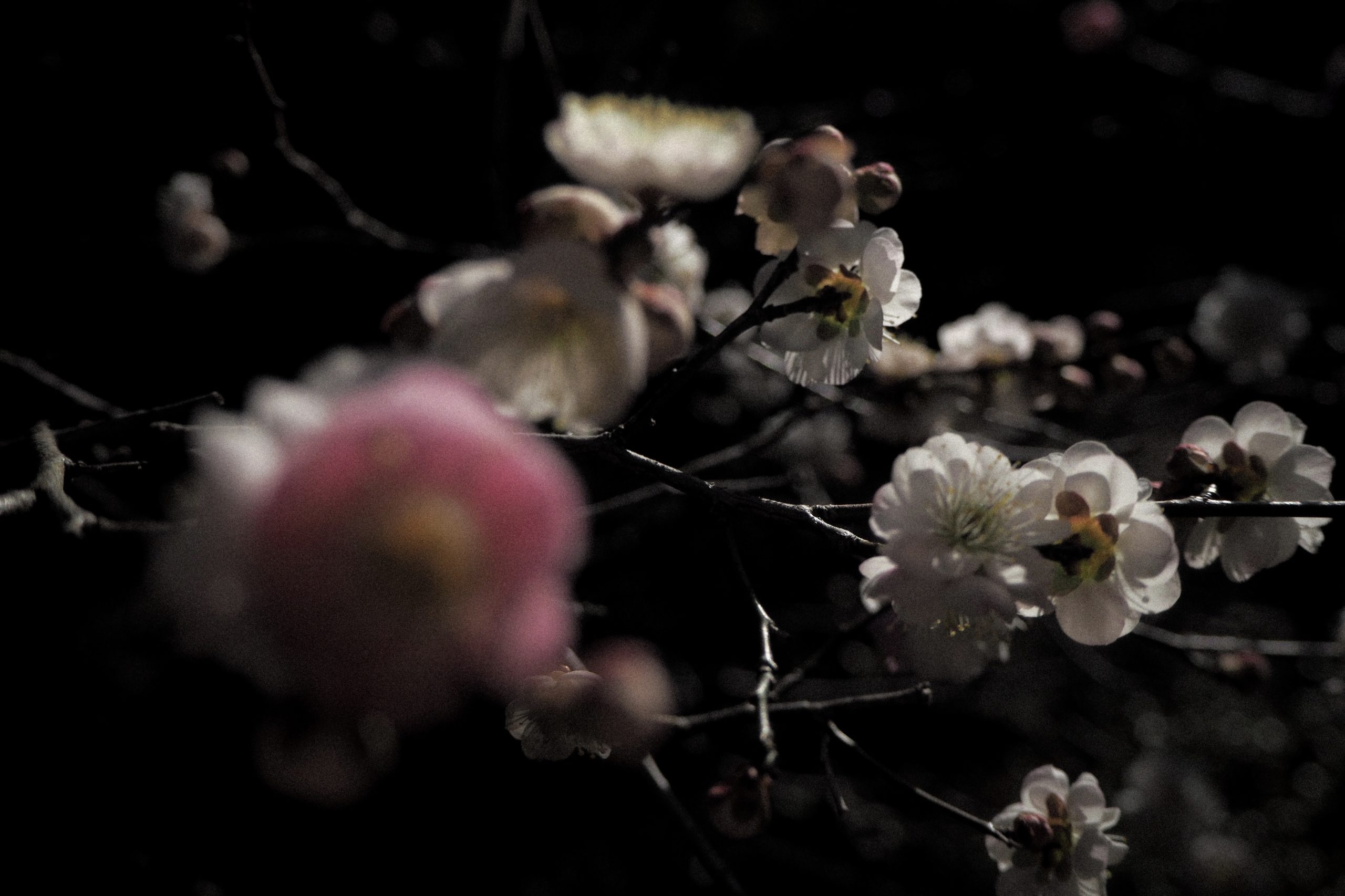Let’s look at two verbs that might sound confusing and make you wonder which one to choose.
起こる
Point 1: Things or events happen
<Event> が起こる
例文 – Example sentences –
この辺りでは近年スリや盗難などの犯罪が起こっていますので気をつけてください。
In recent years, there are petty crimes such as pickpocketing and theft in this area, so please be careful.
車の事故が起こらないように気をつけて運転しましょう。
Let’s be careful and drive safely to avoid car accidents.
この街は事件が全く起こらない穏やかな場所です。
This town never has any incidents and is very calm.
「起こる」は、複合動詞として用いられている場合を除いた*ほとんどの場合に「起きる」と置き換えることができる。この「イベントの発生」の用法は、伝統的には「起こる」が持っていた用法である。しかし、現代では、「起きる」と「起こる」を本動詞として用いる場合はほとんど違いがない。*巻き起こる (Burst out)/わき起こる (Arise)/など
https://verbhandbook.ninjal.ac.jp/headwords/okoru/
“Okoru” can be replaced with “Okiru” most of the time apart from the compound verbs such as 巻き起こる (Burst out) and わき起こる (Arise). The useage for “<Event> occurs” was traditionally described as “Okoru,” however, in modern Japanese, “Okiru” and “Okoru” have no major difference as long as the verb is used as a primary verb in a sentence.
「起こる」は、伝統的には、病気や災害などある状態・状況が発生するときに用いられてきました。つまり、主語は「出来事」です。しかし、もともとは「起こる」と言っていたところに「起きる」を使う場合がたいへん多くなっています。[…] 人間・動物専用だった「起きる」が、出来事の領域にまで意味を広げてきて、「起こる」は劣勢に立たされている、と言ってもよいでしょう。この変化はかなり昔から始まっているので、いまさら「昔の使い分けをしっかり守れ」と言っても、やや無理があります。ただし、いまでも「起こる」しか使えない場合もあります。たとえば、「サッカーブームが巻き起こる」や「拍手がわき起こる」などは、「巻き起きる」「わき起きる」とは言えません。
https://www.nhk.or.jp/bunken/summary/kotoba/term/046.html
“Okoru” was traditionally used when describing the condition and situation such as illness and disaster. Therefore, the subject is primarily an “event.” However, in modern Japanese, it is often the case that “Okiru” is used instead of “Okoru.” […] “Okiru” used to be an useage for the action done only by a human or an animal, but it is now used for describing the events and “Okoru” is getting less and less to be used. This change hasn’t started only recently, so it’s not realisitc to go back and stick to the original rule and distinguish the useage of the two verbs. However, it is important to note that even modern Japanese, in some cases only “Okoru” can be used especially for the compound verbs such as 巻き起こる (Burst out) and わき起こる (Arise).
Point 2: Feeling or motivation occurs
<Feeling> or <motivation> が起こる
例文 – Example sentences –
何年も同じ仕事をしていて、仕事への意欲が起こらなくなってしまいました。
I’ve been doing the same job for many years and I don’t feel motivated for it anymore.
Netflixが面白すぎて勉強する気が起こりません。
Netflix is so interesting and I don’t want to study.
海外の大学に合格したけど、なぜかあまり嬉しいという気持ちが起こりませんでした。むしろ、日本を離れる寂しさを感じました。
I passed the entrance exam for the university overseas, but somehow I didn’t feel so happy. I was rather sad to leave home in Japan.
Point 3: People praise or criticise something
<Act> が起こる
例文 – Example sentences –
コンサートで最後の演奏の後、拍手喝采が起こったのでアンコールを演奏しました。
After the performance of the last piece at the concert, there was huge applause so I played an encore.
そのあまりに過激な発言に、ブーイングが起こりました。
There was booing towards the excessive statement.
会場からどよめきが起こりました。
There was a stir among the crowd in the auditorium.
Point 4: Unintentional symptoms or reactions occur
<Reaction> が起こる
例文 – Example sentences –
これらの液体を混ぜると危険な化学反応が起こる可能性があるのでやめてください。
It is possible to cause a dangerous chemical reaction so please don’t mix these different types of liquid.
今のところ、この薬の副作用は起こっていません。
For now, there is no side-effect because of taking this medicine.
膝がずっと痛いので病院で調べてもらったところ、炎症が起こっているようです。
I got my knee checked in the hospital because it has been pitiful, and apparently there is inflammation.
起きる
Point 1: Unexpected situation or event occurs for the speaker
<Situation> or <event> が起きる
例文 – Example sentences –
日本では今、タピオカブームが起きています。
There is a tapioca boom in Japan right now.
最後に奇跡が起きました。2−3で日本が勝利しました!
A miracle happened in the end. Japan won the match by 2-3!
今、世界中で、地球温暖化対策を訴えるデモが起きています。
Right now, demonstrations to appeal to global warming measures are happening all over the world.
Point 2: Feeling or motivation occurs
<Feeling> or <motivation> が起きる
例文 – Example sentences –
やらなければならないことがたくさんあるのに、やる気が全く起きません。
There are so many things that I have to do, but I feel so lazy.
もうすぐコンサートの本番だというのに、いまいち練習をする気が起きません。
Soon I will have to perform at a concert but have not much motivation to practice.
何度もデートに誘われたけど、どうしても行きたいという感情が起きませんでした。
I was asked to go on a date quite a few times but I never felt that I wanted to go.
Point 3: People praise or criticise something
<Act> が起きる
例文 – Example sentences –
その素晴らしい演奏に対して拍手喝采が起きました。
Big applause happened to praise the wonderful performance.
今駅で、ある政治家の演説に対してブーイングが起きています。
At a station right now, there is booing towards some politician for his speech.
有名歌手の登場に大きな歓声が起きました。
The audience gave a shout of joy when a famous singer appeared.
Point 4: Unexpected reaction, symptoms, or phenomenon occurs
<Reaction>, <symptoms> or <phenomenon> が起きる
例文 – Example sentences –
この薬を飲むことで副作用は起きますか?
Would there be any side effects if I take this medicine?
富士山の噴火が起きたらどうしよう。
I don’t know what to do if Mount Fuji erupts.
頻繁に頭痛が起きるから大変です。
It’s troublesome that I have a headache often.
In summary… if you look at the traditional usage of the verbs, in some cases you can distinguish between “Okoru” and ” Okiru.” However, in modern Japanese, there is no strict rule that you must stick to one, and the meaning of the two has no such difference, therefore they are interchangeable.
参考 (Reference): 国立国語研究所『基本動詞ハンドブック』(https://verbhandbook.ninjal.ac.jp)
Featured image by Александр Македонский from Pexels




Comments